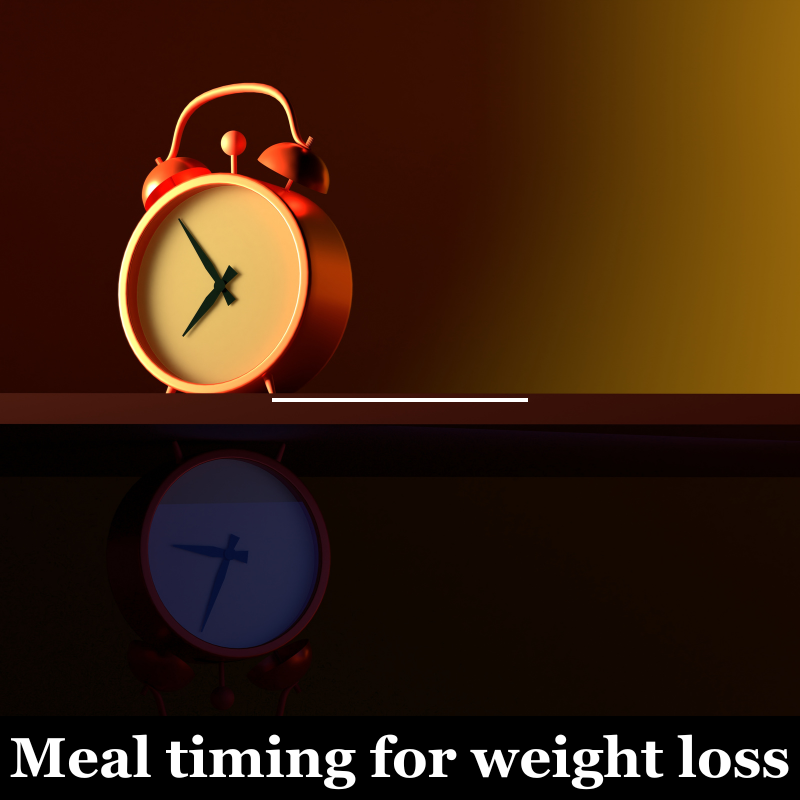Why late-night eating hacks away at our health.

The number of factors contributing to weight gain seems mountainous. It’s hard to believe the timing of meals could make that much of a difference, even when calories remain the same. Having a late-night snack or meal might have a considerable impact on weight gain. I am guilty of this one. I cup of ice cream here. Late-night slice of pizza when the kids aren’t around. It’s a wrecking ball to your health. Each bite a wrecking ball, a destructive act against your body's natural processes. It doesn’t even matter if you eat the same calories every day; timing matters.
The body has a clock
I often mention the circadian rhythm. Why? Because every cell, hormone and enzyme become highly attuned to a schedule. To keep it simple, during light hours your body thrives to process food, and at night, we wind down, recover and reset. The body doesn't want to process a full plate of food when it's recovering from metabolic and hormonal stress.
While we sleep, insulin sensitivity drops dramatically, meaning we become more prone to blood sugar spikes, less fat burn and more fat storage even more so with those late-night plates.
One study found that eating the same meal at 10 PM instead of 6 PM caused an 18% higher glucose spike and suppressed fat oxidation. Imagine that effect repeated every night.
The Pathology of Poor Timing
If these significant changes in metabolism occur with healthy individuals, then imagine someone with a poor metabolism like diabetics, overweight/obese patients or metabolic syndrome.
Blood glucose spikes hit the ceiling like they are on crack, and the elevated blood glucose levels linger through the night. One study showed that in diabetics, when they ate their dinner four hours later than usual, it led to increased hunger, reduced calorie burn and increased fat storage. These nightly meals tip the scale of balance towards weight gain, insulin resistance and metabolic dysfunction.
Another controlled trial found that participants gained nearly twice as much weight when consuming calories later in the day compared to earlier—despite eating the same total amount. Late eating even reduced daily energy expenditure by about 60 calories, enough to add up over weeks and months.
Why this matters?
If you value steadier energy, better sleep and less fat gain, we need to focus not only on how much or what we eat but also on the timing. We need to pay attention to the when.
Several factors contribute to weight gain: activity, metabolism, and sleep. Our uniqueness stems from individual variation, which also complicates the matter. Some people will gain weight faster. Others will just notice worse sleep or sluggish mornings. But the basic biology doesn't change; eating late harms your metabolism. If you've been battling weight gain, persistent overhanging belly fat, or uncontrolled and labile blood sugar levels, the issue could be the timing of your meals, not the calorie count. Circadian rhythm disruption throws off how the body uses insulin for adequate glucose control.
So, the answer is simple
Here are three simple rules to align your eating with your body’s clock:
- Front-load calories earlier in the day. Make lunch your biggest meal and keep dinner lighter.
- Set a food cut-off time. Stop eating 2–3 hours before bed. Think of it as a “metabolic curfew.”
- If you must snack late, choose protein + fiber. Skip the carbs at night, they’ll spike glucose the most when your body least wants to handle them.
Your metabolism has a bedtime. Let’s figure out how to put weight gain to bed permanently. Sometimes it takes one slight change to get unstuck from that rut. Think of it this way: every evening you give your metabolism rest, you’re giving your body a gift. A chance to repair. A chance to heal. And when you wake up the next morning feeling lighter, clearer, and more in control.